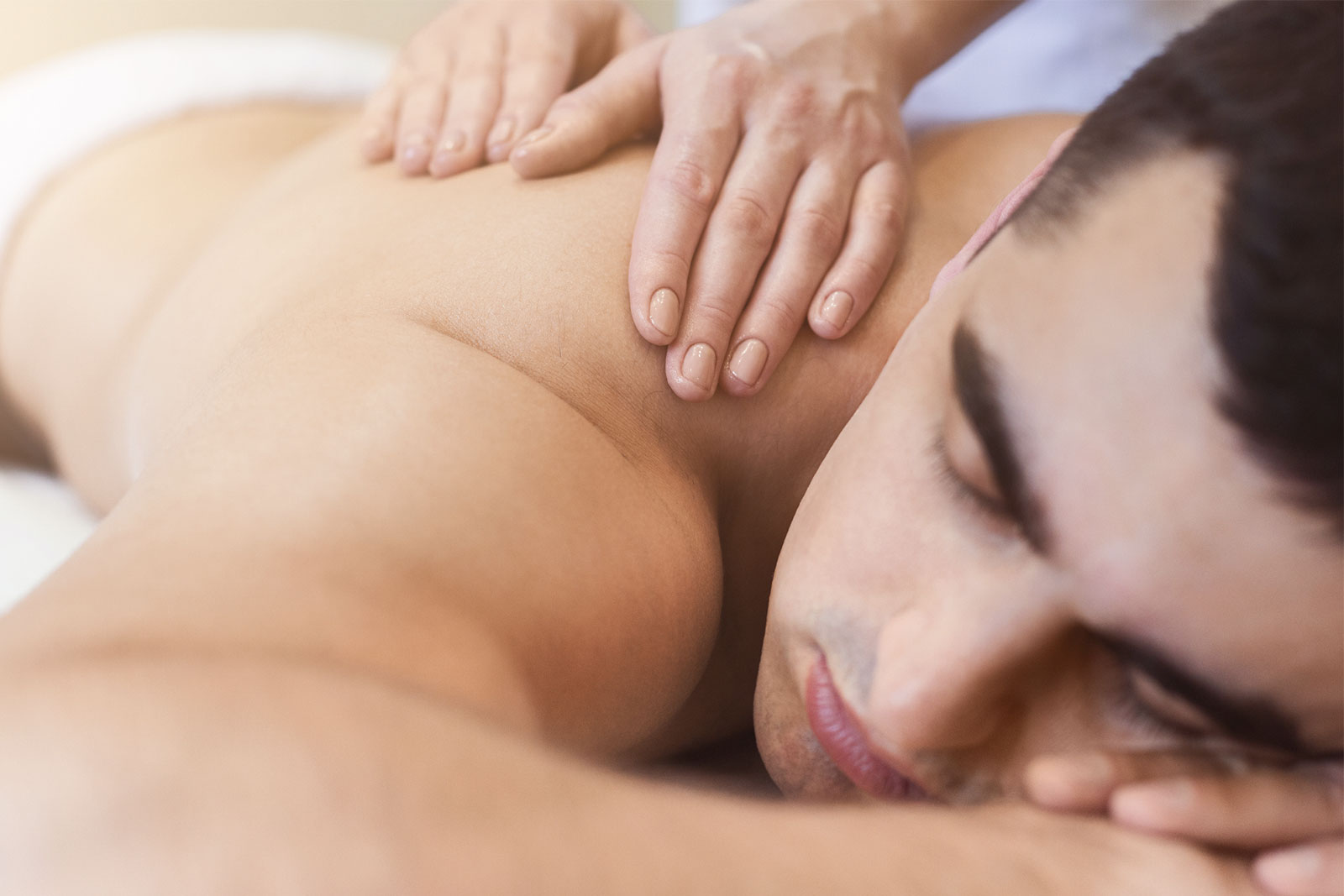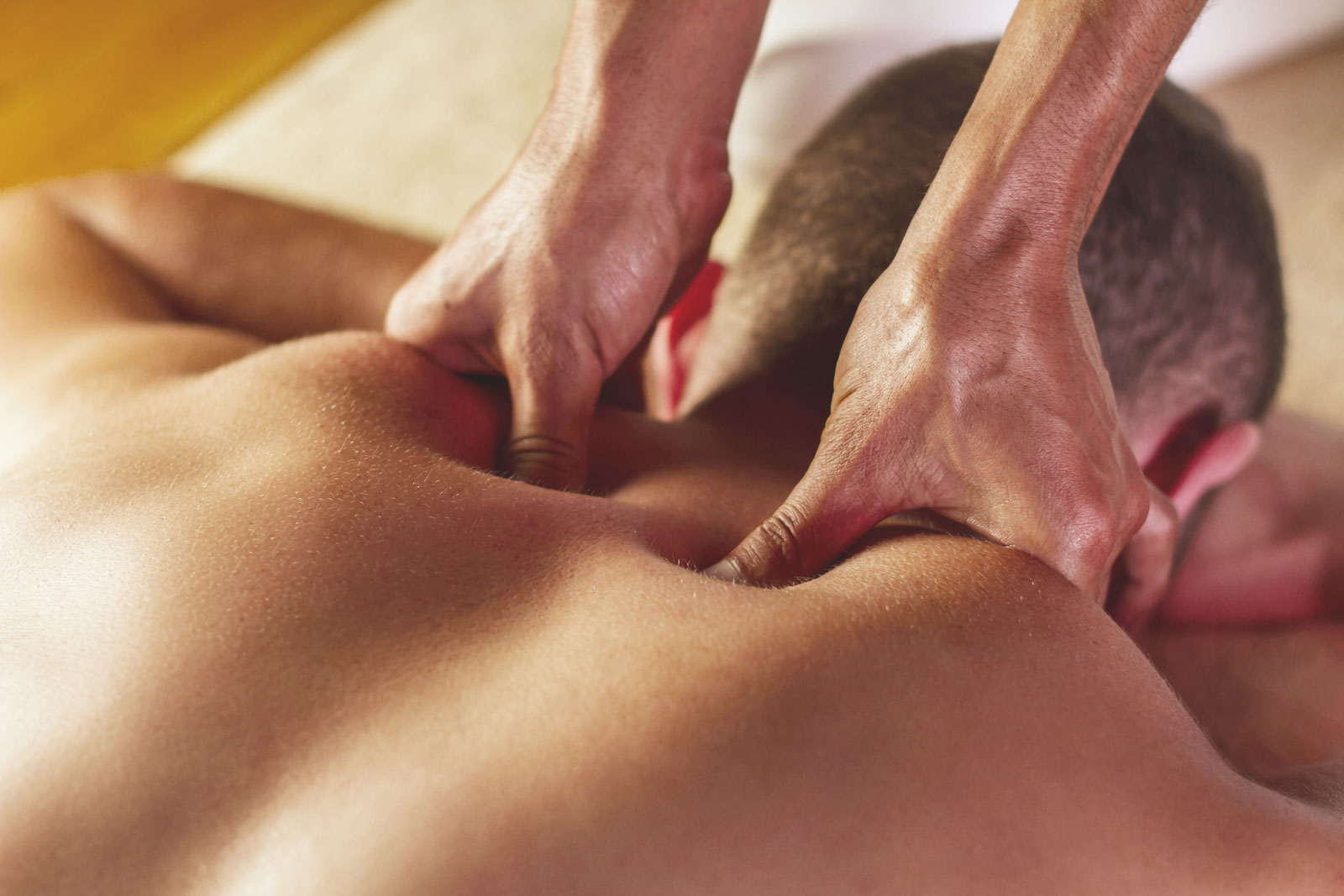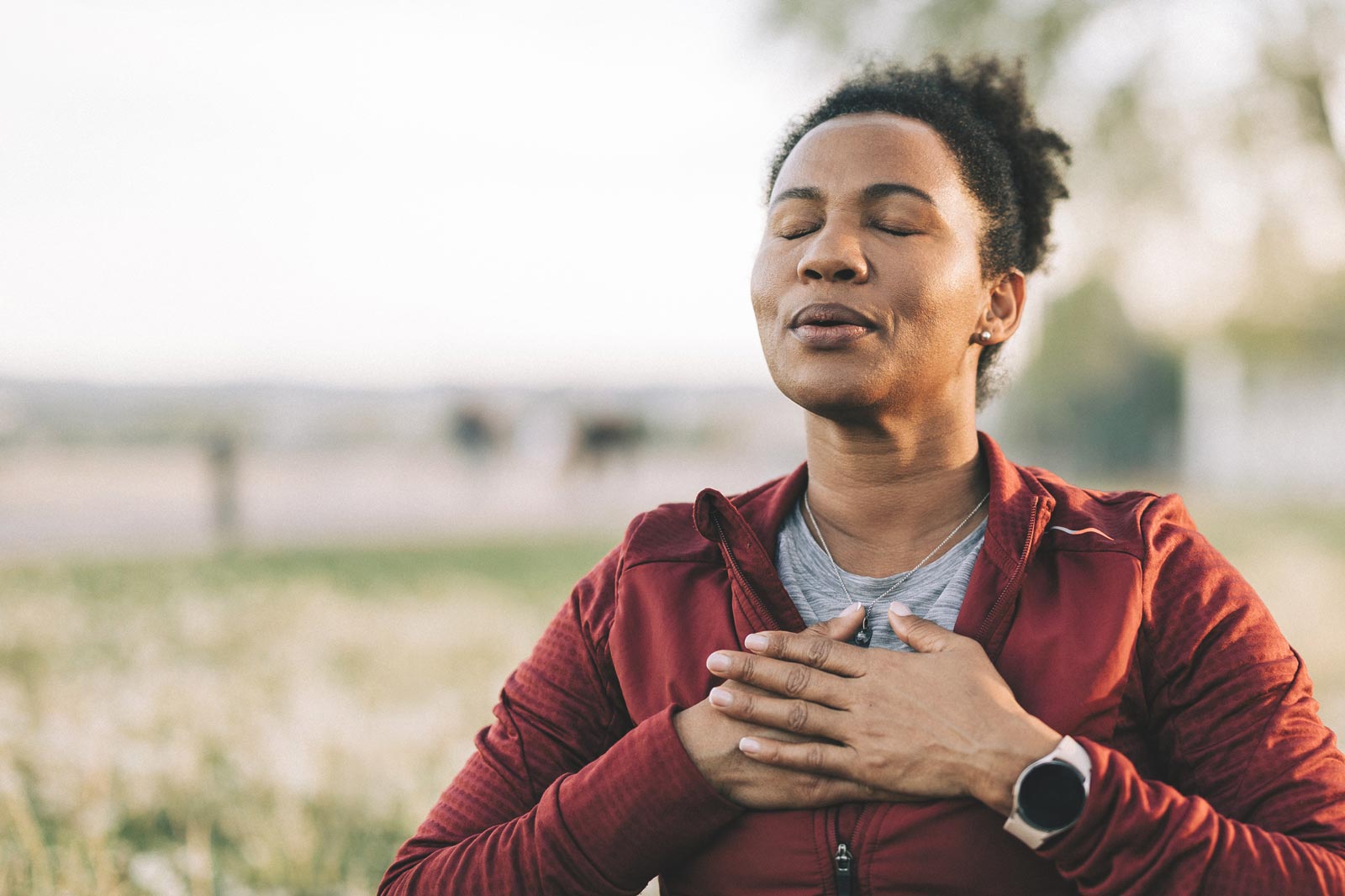
Patient Educational Resources
Massage Therapy for a Better Night’s Sleep
A good night’s sleep is absolutely crucial for healthy functioning, and the quality of one’s sleep is vital to overall health and wellness. An estimated 60 million Americans experience sleep related issues that can lead to a litany of health problems including obesity, higher risk of long-term disease, and substance abuse.
Patients who regularly sleep less than 8 hours per night can experience a long list of side effects including anxiety, digestive issues, headaches, and both joint and nerve pain. Chronic exhaustion affects focus and reaction time which makes daily activities like driving and even household chores more challenging and in some cases dangerous.
How Massage Helps Promote Better Sleep
Aches and Pains
Pain is one of the most common reasons we toss and turn at night. Massage helps to relieve pain by relaxing and normalizing soft tissue in muscles, tendons, and ligaments, reducing painful contractions and spasms. This in turn releases surrounding nerves compressed by contracted or inflamed soft tissue. Massage also improves circulation, which enhances the delivery of oxygen and nutrients to muscle cells, helping them function—and heal—more efficiently. Without these aches and pains keeping you up at night, healthy hours of rest will be much easier to achieve.
Stress and Anxiety
The American Psychological Association estimates that at least 43% of Americans lose sleep to stress and anxiety each night. Massage triggers an involuntary nervous system response that slows heart rate and breathing, reduces blood pressure, and further relaxes the muscles.
This increased parasympathetic nervous system activity simultaneously decreases cortisol levels and spurs production of serotonin, dopamine, and oxytocin—hormones associated with emotional wellbeing. Serotonin is also required to produce melatonin, a hormone that tells the brain to prepare for rest. By promoting a hormonal state of relaxation, massage can pave the way for a good night’s sleep.
Menopause and Perimenopause
Over 61% of menopausal women report having bouts of insomnia, thanks to symptoms like hot flashes, night sweats, and anxiety. Studies show that perimenopausal women who received regular massages had a significant decrease in insomnia as well as anxiety and depression.
Additional Areas of Promise
And insomnia isn’t the only sleep issue that massage can help. Research suggests that other sleep disorders, such as sleep apnea, narcolepsy, and restless leg syndrome, may also improve with regular massage.
Numerous studies have indicated that massage therapy can improve patients’ ability to fall asleep, enhance sleep quality, and increase the amount of time spent in deep sleep (REM), which impacts the levels of the neurotransmitters associated with chronic pain. Medical massage is increasingly recognized as a drug-free option to combat the vicious pain-stress-insomnia cycle, reducing the need for sleep and pain medications and the risks they carry over time.




